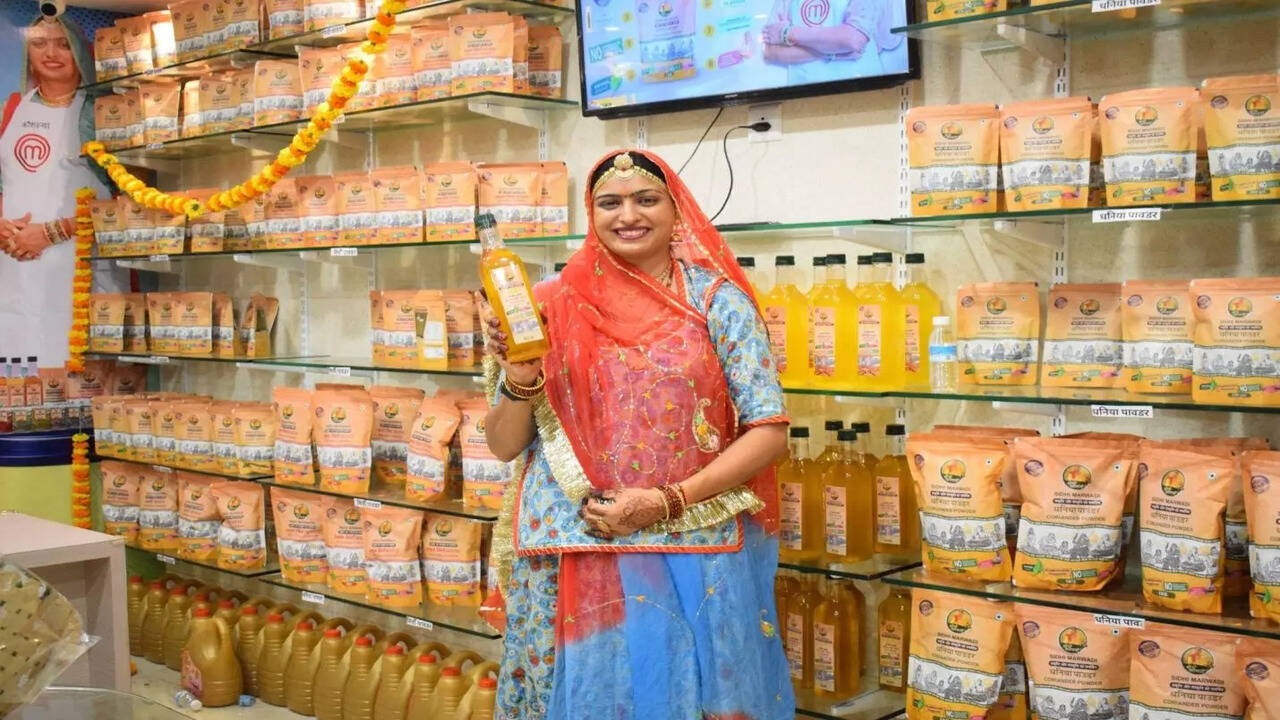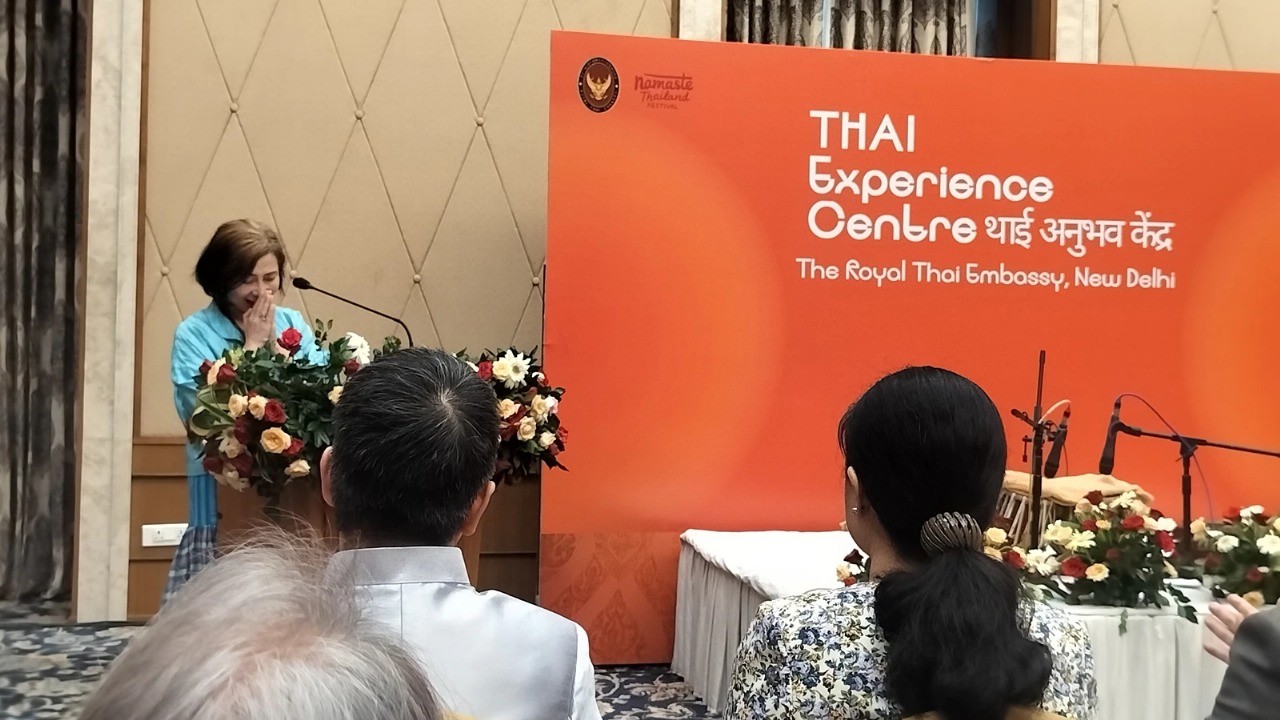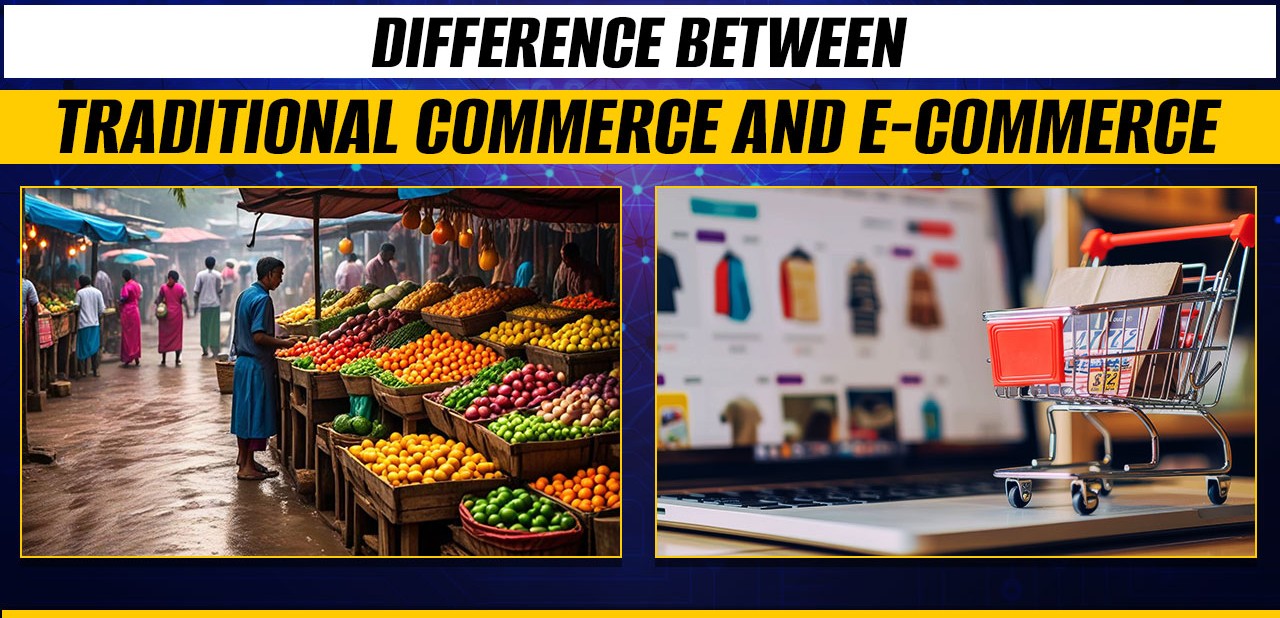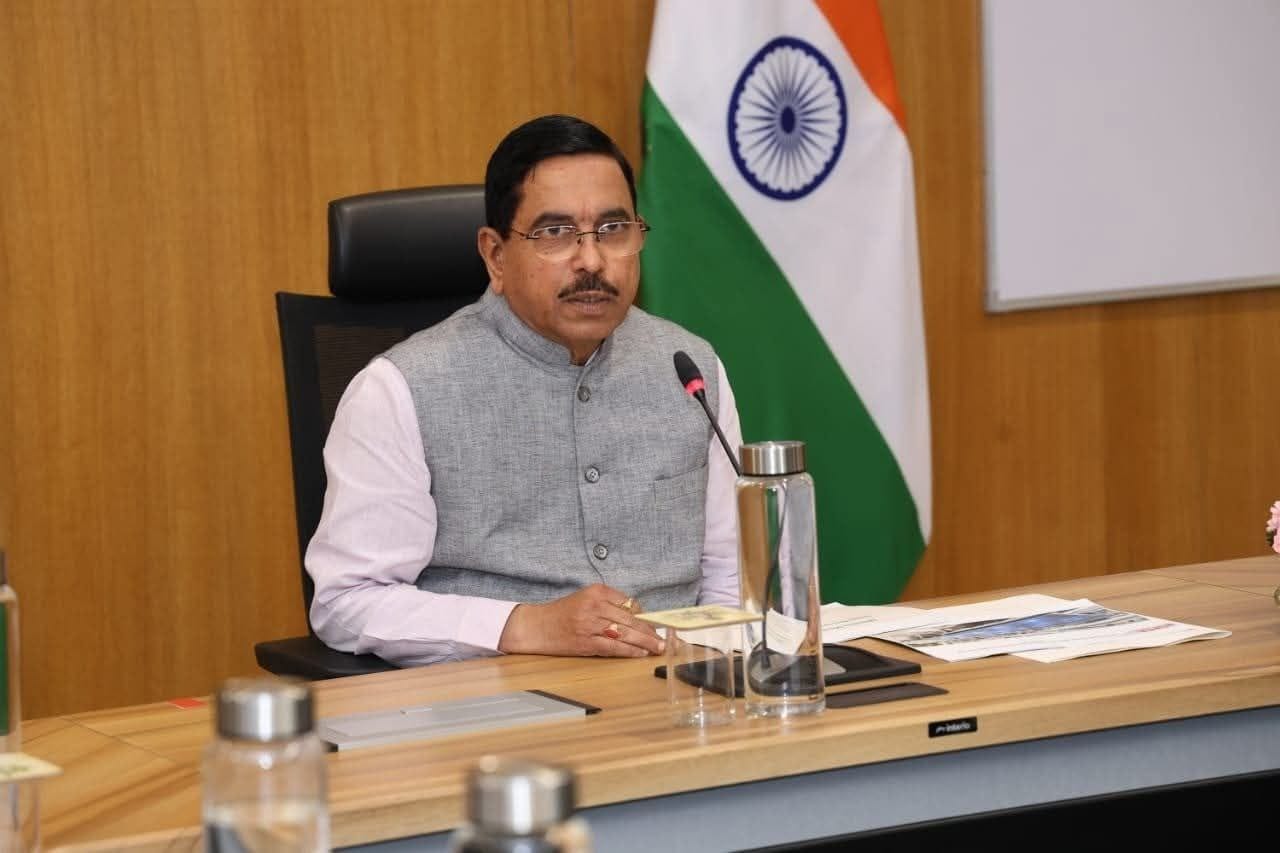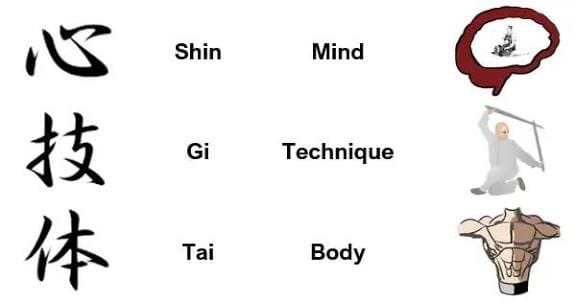 Image Source : Precisa.in
Image Source : Precisa.in
India’s journey toward financial inclusion has made significant strides, yet millions remain excluded from formal credit systems due to reliance on traditional credit scores like CIBIL. These conventional models fail to capture the financial behavior of a large segment of the population, especially those without formal credit history, such as gig workers, micro-entrepreneurs, and rural households. As the nation aims to empower every citizen economically, it’s crucial to look beyond standard credit scores and embrace alternative credit assessment methods that tap into the rich, diverse financial footprints of the underserved.
Key Insights Into The Challenge Of Traditional Credit Scoring
Traditional credit scores depend heavily on past loan repayment data, credit cards, and formal financial activities. The paradox is stark: to get a credit history, one needs access to credit products, yet to obtain credit products, a credit history is mandatory. This cycle marginalizes approximately 60% of India’s adult population who are “credit invisible” or hold thin files, thus hindering access to affordable credit. These include significant groups such as urban informal workers, youth with minimal borrowing history, and micro and small enterprises that predominantly operate in cash economies.
Economic and Social Impacts Of Credit Exclusion
This exclusion goes beyond individual hardships; it affects the broader economy by restricting consumption, business expansion, and upward mobility. Without access to credit, many families face setbacks during emergencies, such as medical crises, which can push them back into poverty. Micro, Small and Medium Enterprises (MSMEs), which are a backbone of the Indian economy and employment, struggle to grow without financial resources. The absence of formal credit access translates to approximately 1% GDP loss annually due to suppressed consumption and inhibited entrepreneurship.
Emerging Alternatives To Credit Scoring
India’s digital ecosystem, including India Stack, UPI, and account aggregators, lays a foundation for innovative credit evaluation models that use alternative data sources beyond traditional scores. These emerging methods include:
Psychometric Assessment: Measuring personality traits such as honesty and risk tolerance through specialized online tests to gauge creditworthiness of individuals lacking formal financial records.
Cash Flow-Based Lending: Analyzing real-time business transactions, sales, and expenses data, especially useful for MSMEs largely transacting in cash without traditional bookkeeping.
Smartphone Metadata Analysis: Leveraging data like app usage patterns, call logs, and location history to build a holistic financial behavior profile.
Social Credit Scoring: Assessing online behavior and social network strength to predict repayment reliability.
Utility and Rent Payments: Including timely payments of monthly utility bills and rent as indicators of financial discipline in credit models.
Benefits And Progress Made In Financial Inclusion
Government initiatives such as the Pradhan Mantri Jan Dhan Yojana have dramatically increased access to bank accounts for millions, particularly women. Further proposals involve using the Open Credit Enablement Network (OCEN) to unbundle lending and enable last-mile credit delivery. By deploying alternative scoring models, lenders can serve unbanked and underbanked populations more effectively, expanding credit access while reducing non-performing assets.
Challenges Ahead And The Way Forward
While technology and alternative data pave exciting avenues, challenges like data privacy, regulatory frameworks, and building trust remain. Continuous efforts in financial literacy, transparent algorithmic models, and collaborative frameworks among governments, banks, NBFCs, and fintech startups will be key to fully unlock the promise of financial inclusion.
India’s path to truly inclusive finance depends on reimagining credit evaluation and embracing alternative metrics reflecting real-world financial behaviors. This shift promises not only equity and empowerment but also sustainable economic growth fueled by a broader base of creditworthy participants.
Sources Press Information Bureau India, CGAP Blog, GeekyAnts, Finezza, LinkedIn Articles on Alternative Credit Scoring and Financial Inclusion, TransUnion CIBIL Reports, RBI Publications.
Advertisement
Advertisement


